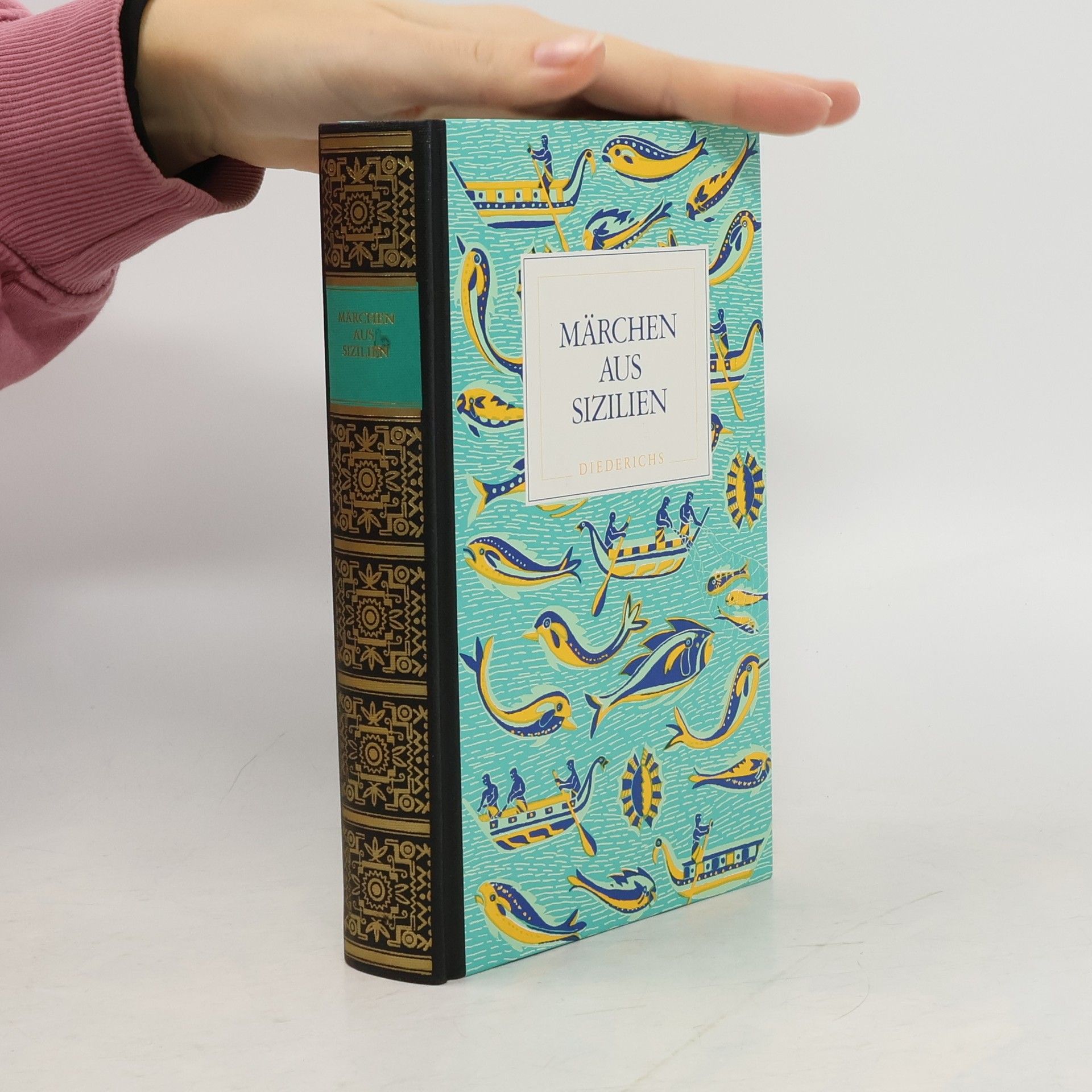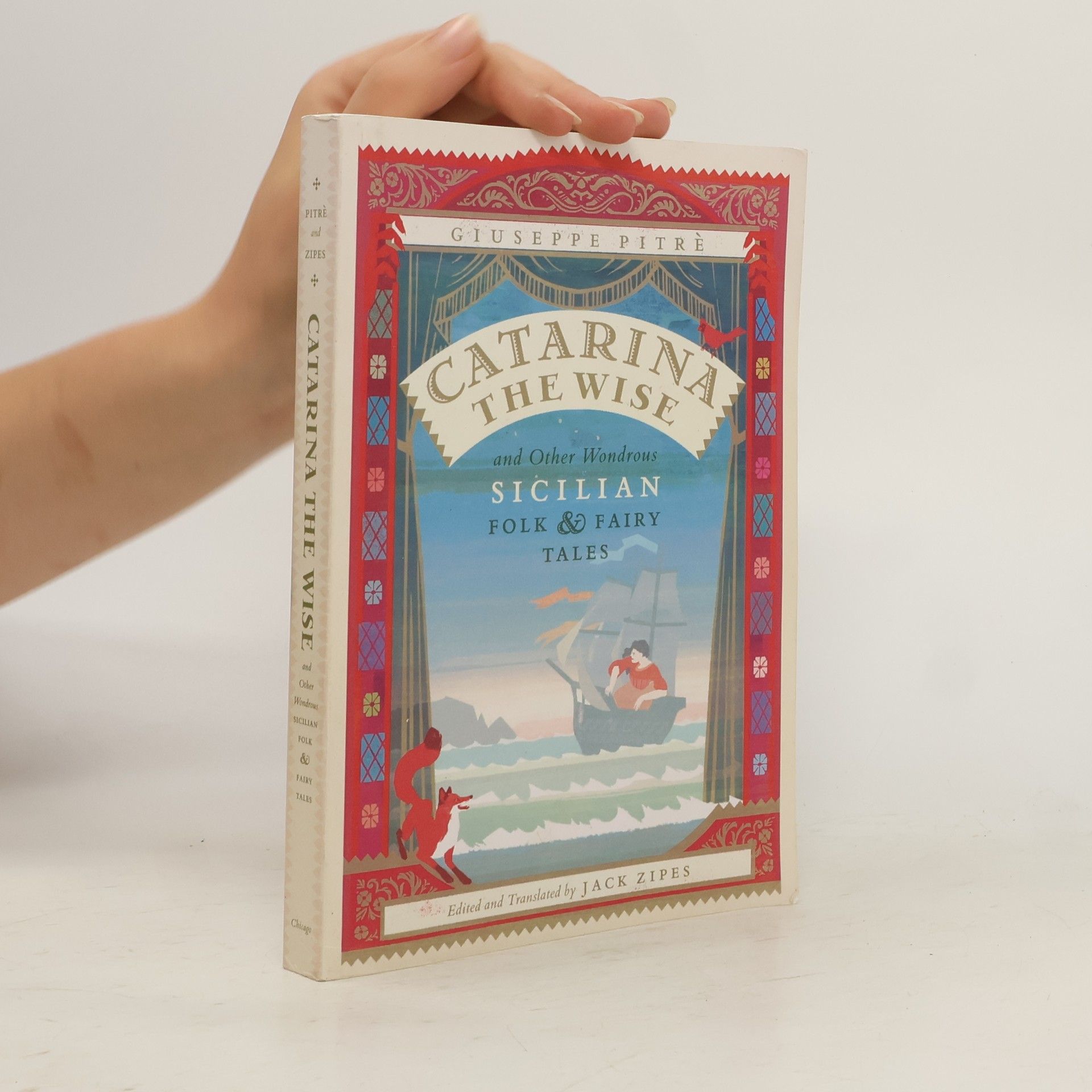Catarina the Wise and Other Wondrous Sicilian Folk and Fairy Tales
- 304 páginas
- 11 horas de lectura
Well, gentlemen, here's a tale that people have told time and again ...So begins the title story in this collection of fifty Sicilian folk and fairy tales edited and translated by noted folklore scholar Jack Zipes. But while some of the stories may sound as if they've been told time and again such as variations on Cinderella and Puss in Boots many will enchant English-language readers and storytellers for the first time

